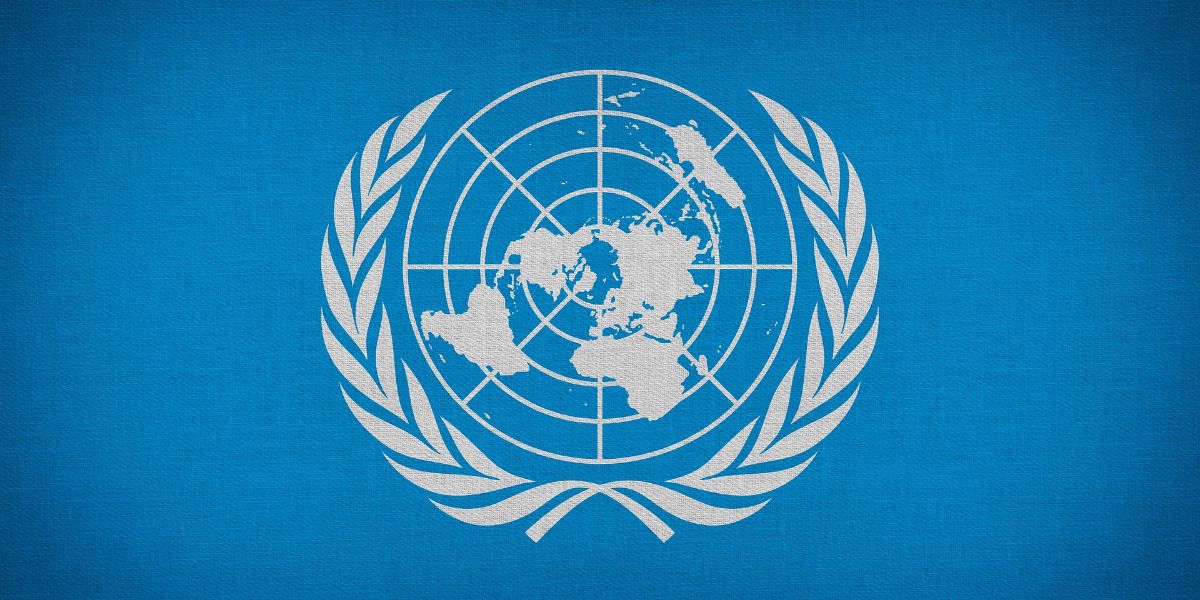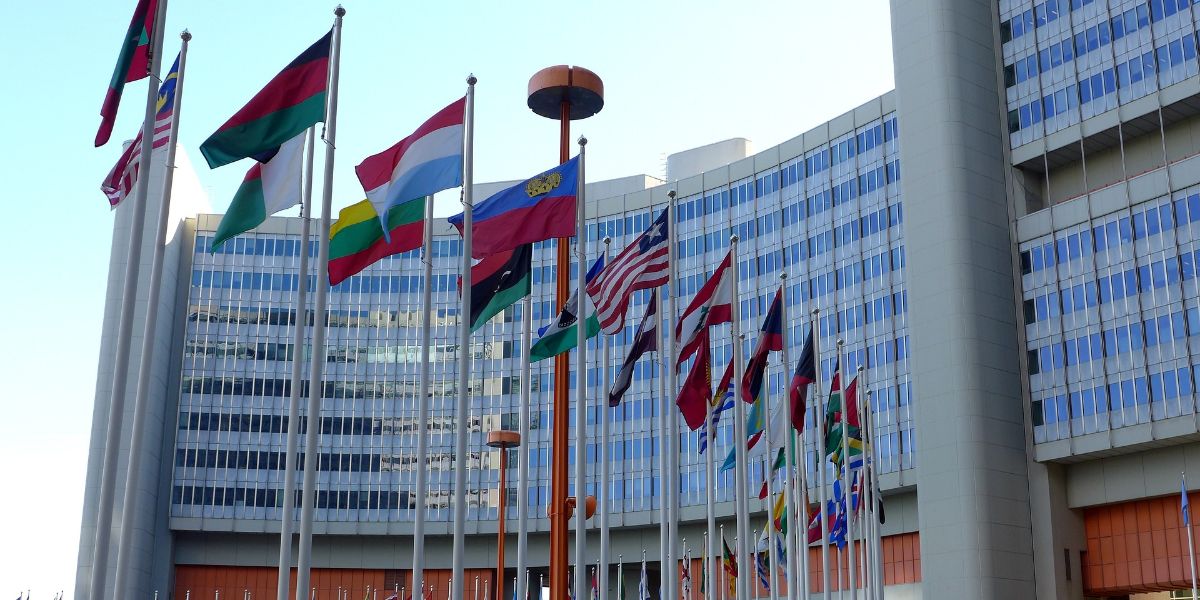The UN Tax Committee at its meetings from 18 to 21 October 2022 discussed the progress made on transfer pricing issues.
The transfer pricing Subcommittee has been drafting guidance in the area of primary products and pharmaceuticals; domestic anti-avoidance rules; the transfer pricing implications of CO2 certificates; transfer pricing aspects of economic downturns; transfer pricing dispute avoidance and resolution; and a toolkit on conducting effective transfer pricing risk assessments and audits.
A preliminary outline has been produced in relation to the industry guidance on primary products. The outline covers transfer pricing issues for primary products in the extraction stage of global value chains, including activities such as the planting and harvesting of crops and trees. The content covered by the outline will be in line with the UN’s practical manual on transfer pricing. The industry analysis will make use of case studies from the soybean and coffee industry which are important to developing countries. There will also be guidance on transfer pricing for intangibles for research and development in seeds and pesticides.
The subcommittee has also developed a preliminary outline for industry guidance for the pharmaceutical industry. The contents of the guidance will include a description of the value chain of the industry; and an overview of particular issues arising in the industry, including governmental regulations, price controls and parallel imports. The guidance makes recommendations on the delineation of transactions, transfer pricing methods and comparable transactions. Common transfer pricing risks are highlighted.
There has also been progress on the toolkit to assist developing country tax administrations with effective transfer pricing risk assessments and audits. The toolkit sets out an audit road map, covering risk assessment, case selection and the conduct of a transfer pricing audit. Work on this topic will continue until early 2023, with the objective of presenting the draft guidance to the tax committee during its March 2023 session.
Additionally, progress has been made on dispute avoidance and resolution, reflected in the development of a workplan which includes practical challenges in mutual agreement procedure cases that are not covered by current guidance issues related to dispute avoidance mechanisms such as advance pricing agreements (APAs), joint audits or risk control mechanisms like the International Compliance Assurance Programme (ICAP).
The Subcommittee has moved forward with the workstream on the transfer pricing implications of CO2 certificates, producing a work plan after discussion with the subcommittee on environmental taxation Issues. The material includes a description of the regulatory framework, carbon credits and the supply chain required to generate carbon credits. The work is looking at the assets used, risks involved, and functions performed. Draft guidance will be presented to the Tax Committee at its March 2023 session.














